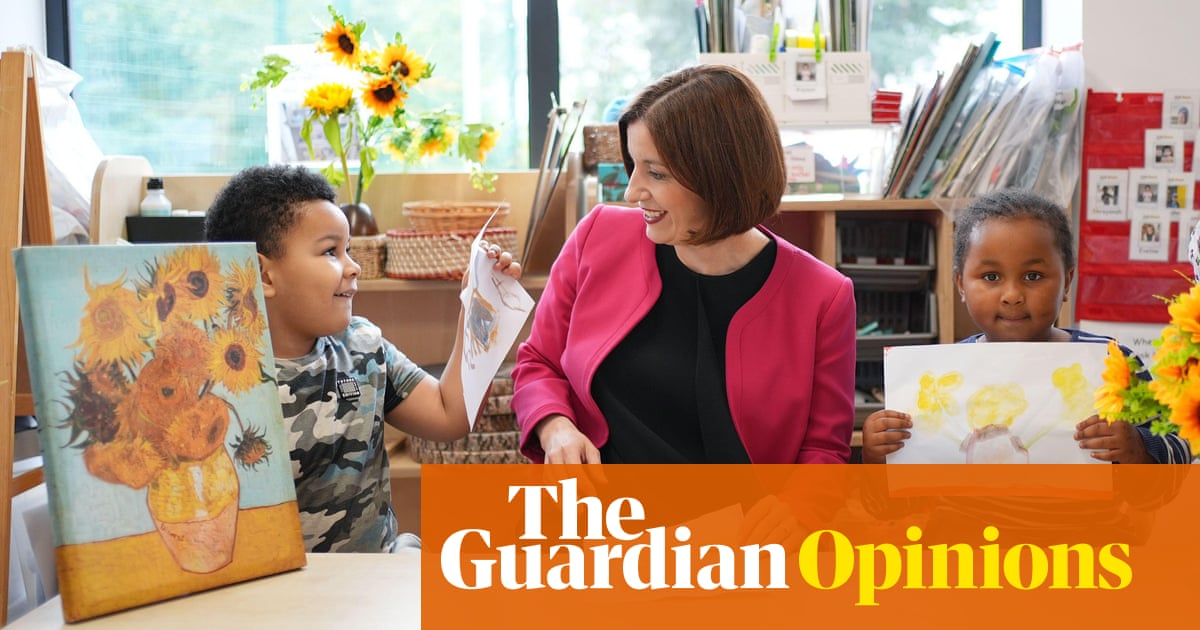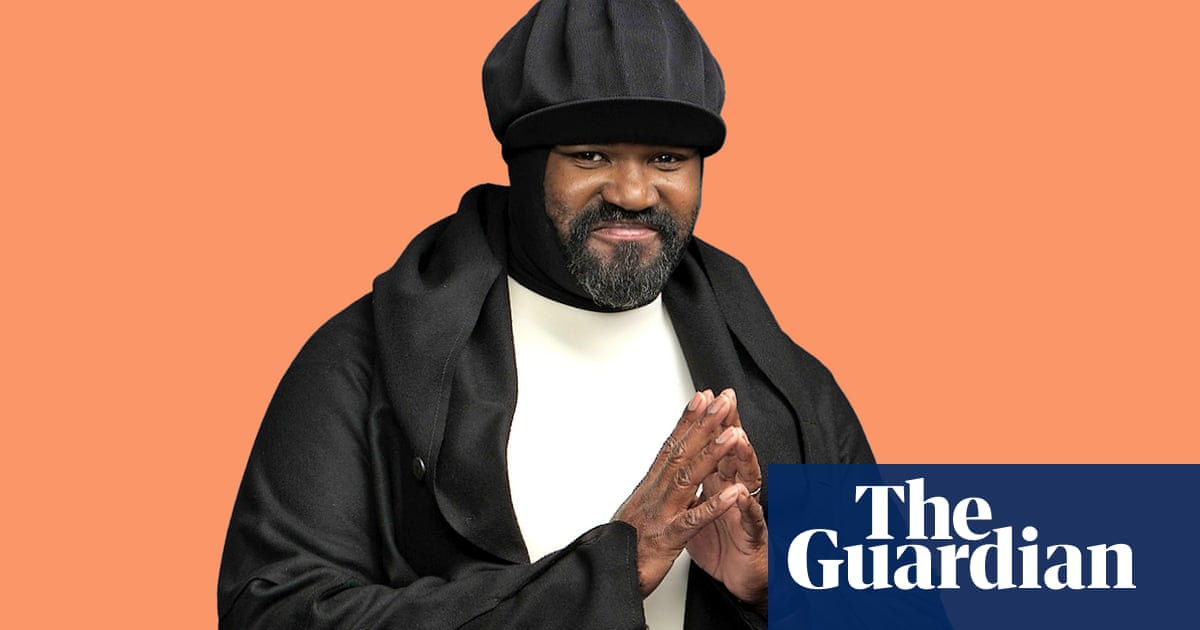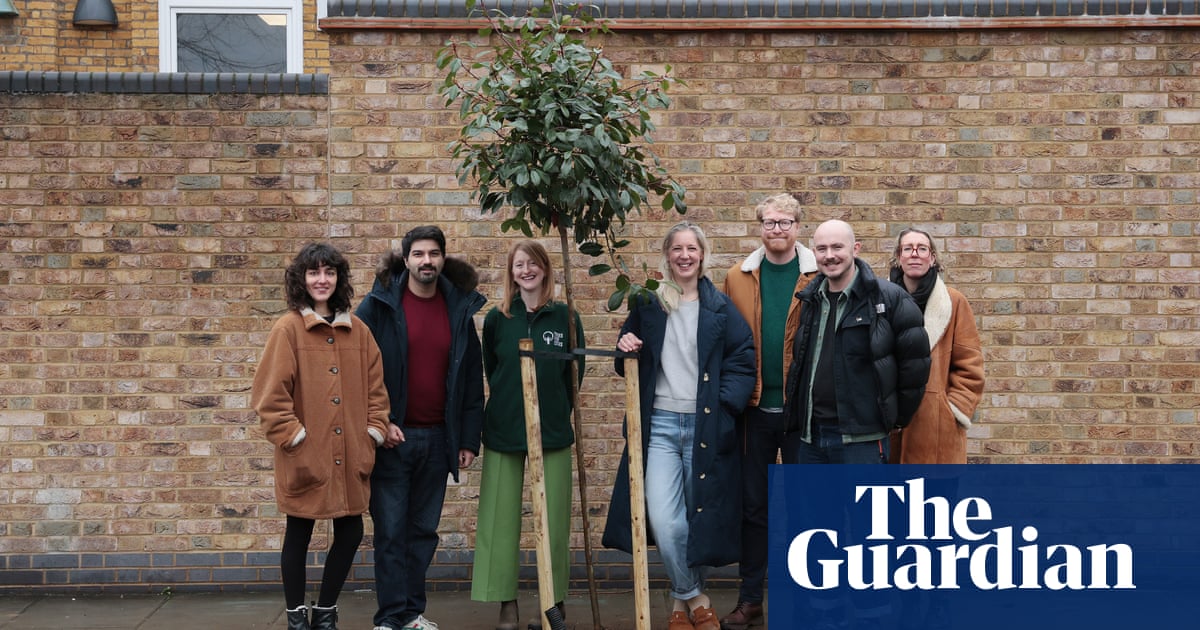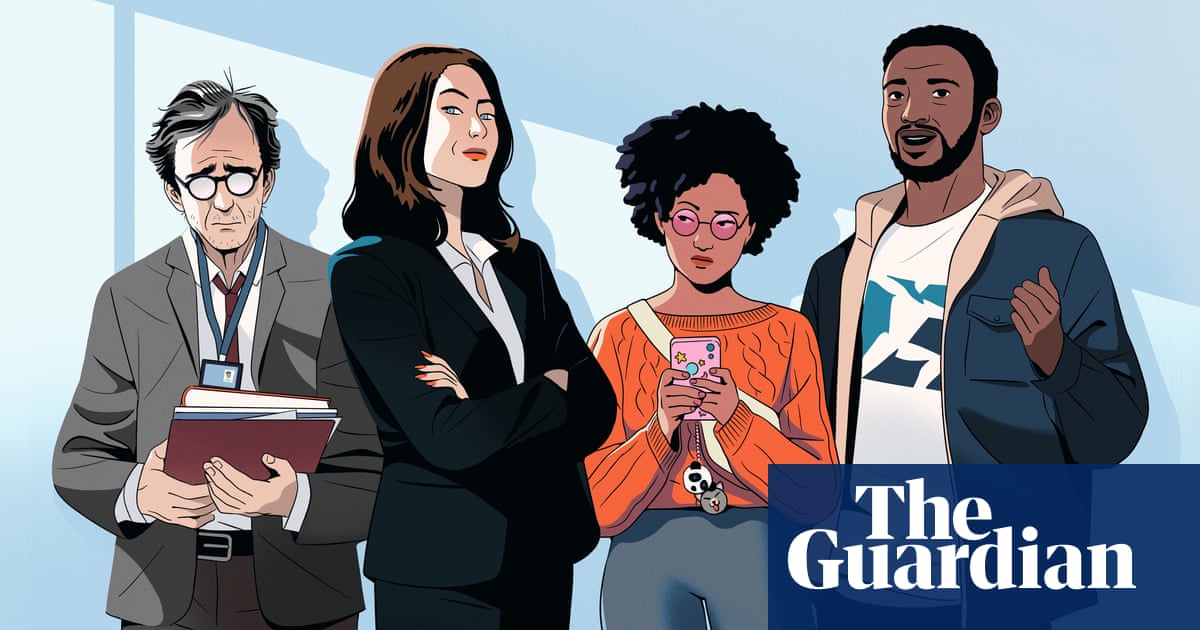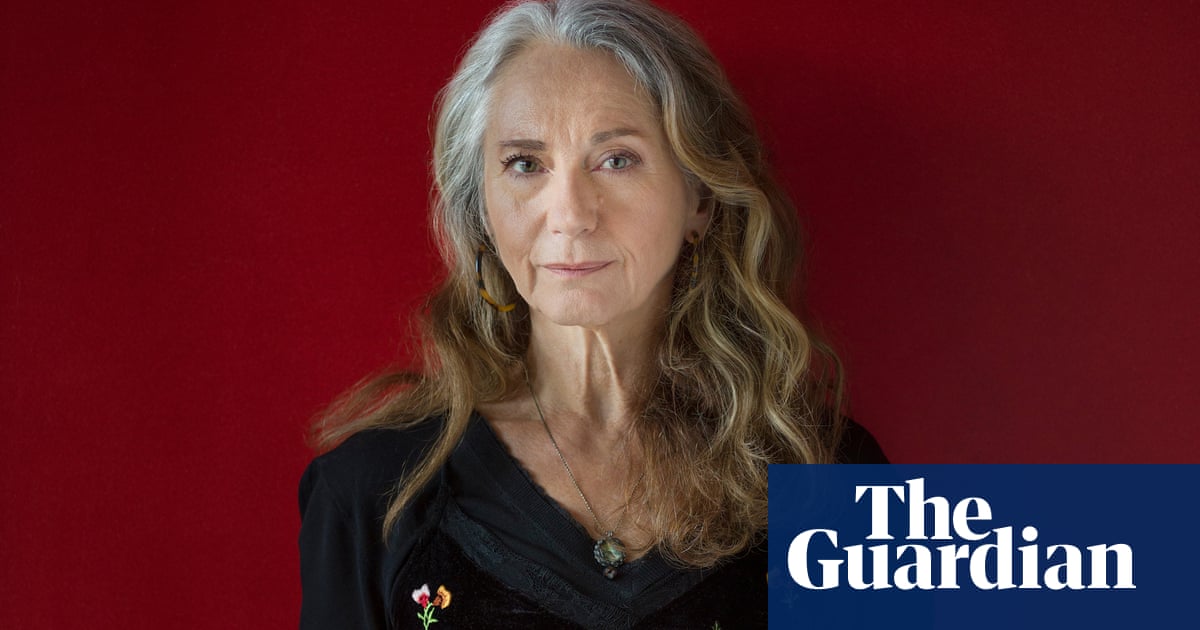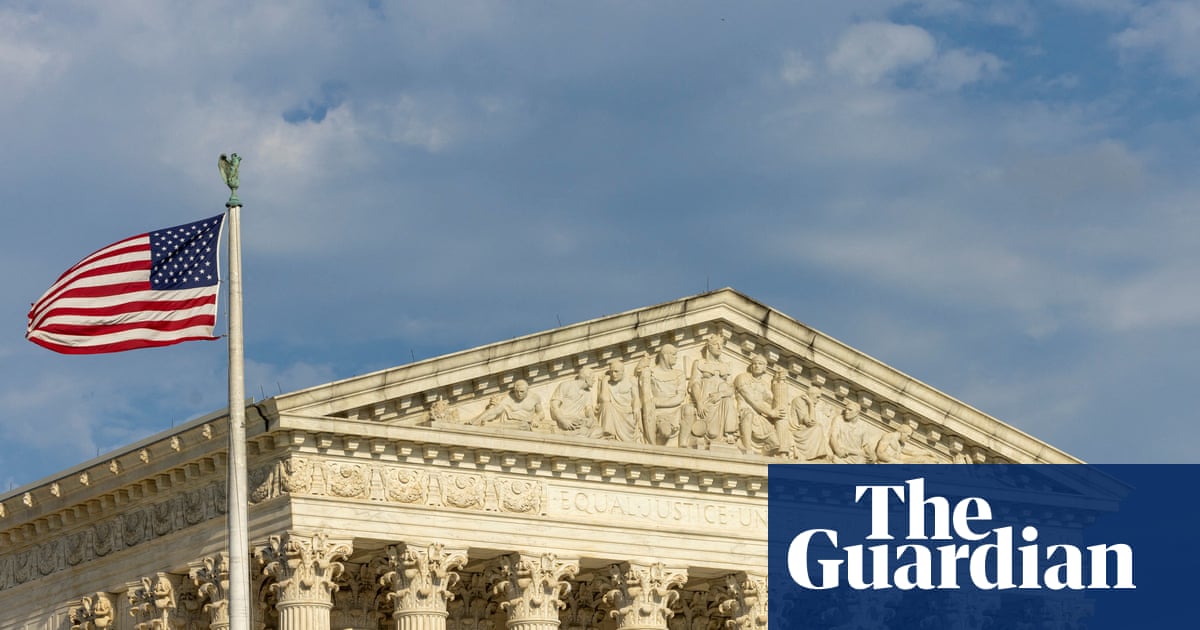Some people should never have a smartphone – and I want to tell you about one of them. For the past couple of decades, Paul* had a classic Nokia brick-style phone. He could make calls – even send the odd text if we were lucky. But, a few years ago, he got a smartphone. At first, nothing changed much. He was reconnecting with friends, discovering emojis – there were no concerns. It has only been recently that the phone has become a problem, and that’s because he has stumbled across social media. And he is on it constantly.
What do we know about Paul? He has time on his hands and, having grown up in an era when encyclopedias were the main source of knowledge, he has little media literacy when it comes to analysing sources and figuring out which ones he should trust. I can see why he probably takes it for granted that what he reads on his phone is true.
According to people who’ve known him a while, Paul went from talking about birdwatching to sharing interviews featuring Tommy Robinson, to saying that migrants are taking our jobs, to embracing fake history and conspiracy theories found on YouTube. By this point, if Paul watched a video that claimed Stonehenge was a portal to another dimension and built by giants, I wouldn’t be at all surprised to see him engage in an online war to defend it.
The Online Safety Act is now partly enforceable. Paul might make you think a bit harder about it. Understandably, much of the conversation surrounding it has been focused on protecting children, but there is a glaring hole in this legislation regarding the protection of adults. Despite a 2022 report for the Ministry of Justice finding that the role of the internet in radicalisation pathways “was most evident for older rather than younger individuals”, the Tory government backed out from provisions that would have prevented adults from seeing “legal but harmful” content online over fears about freedom of speech. But, if the 2024 UK riots taught us anything, it is how quickly adults can be roused to extremist mobilisation – even by misleading posts that may have been shared in all innocence.
Ofcom reports that misinformation, including content that discriminates on the grounds of a protected characteristic, is the most likely form of potential harm adults will encounter online. With 52% of adults using social media as a form of news consumption, the risk of falling down a far-right rabbit hole is only going to increase. And Mark Zuckerberg’s decision to remove independent factchecking from Meta platforms will only make social media more of a breeding ground for fake news. In the UK, 77% of those aged 65 and over describe Facebook as their main form of social media – and as research carried out by Dr Sara Wilford, a lead researcher on the EU-funded research project Smidge (Social Media Narratives: Addressing Extremism in Middle Age), suggests, it is older users who are most vulnerable to this change. As they are not “digital natives”, everything they have learned online has been self-taught, so they tend to trust content at face value and are reluctant to factcheck. With the Online Safety Act neglecting them, they are (literally) left to their own devices.
Making matters worse, everyone’s favourite billionaire, Elon Musk, the owner of X, is spreading his own misinformation about his newfound obsession: Britain. Nearly two million people saw Musk’s retweet of a fake Telegraph article that claimed the prime minister was planning on sending far-right rioters to “emergency detainment camps” in the Falklands. Most people saw the post for what it was – and Musk deleted it when it was shown to be total nonsense – but it looked real. So how can someone who is computer illiterate, who wouldn’t even twig if a bot were messaging him on Facebook marketplace wanting to exchange his used VHS tapes for a handful of beans, understand the need to be cautious when someone such as Musk – rich, powerful, chronically online – spreads fake news? And what is infuriating is that these tech bros seemingly don’t care: Musk and Zuckerberg appear to be too busy fighting over who gets to go to Donald Trump’s birthday party to have a second thought about their users.
It is such a shame. By all accounts, Paul had always been tolerant and open-minded. Over time, with what he read and absorbed, he became so angry. And he’s not that unusual.
About one in five internet users are unaware that apps and websites use algorithms to tailor what they are being shown. Many people do not recognise that what they are consuming online is diluted and biased; there are older people just like Paul who cannot get out of this cycle because they truly don’t know they are in it. It is troubling how many algorithms are now pushing more extreme content. I have noticed on my own X account an increase in explicit photos of women and pro-Trump views – even people I have blocked, such as Laurence Fox, have somehow been popping up on my feed.
I don’t blame older people, or think they’re stupid, for being taken in by what is often very sophisticated content. I am in my early 20s – a digital native – and I sometimes fall for fake content, too. I was totally fooled by the AI-generated image of Katy Perry at the 2024 Met Gala (and so, apparently, was her mum). Sometimes my friends and I can’t tell if an image or video is deepfaked. If we don’t take precautions now, what will it be like when this technology becomes even more advanced?
This Labour government has been so preoccupied by the threat of the left that it has left the door wide open for the far right. Until something is done, and encoded in legislation, we run the risk of more riots, more attacks, more lies. The government must review the Online Safety Act to make sure that everyone, regardless of age, is protected from fake news and far-right propaganda online – before fact becomes completely indistinguishable from fiction.
-
April O’Neill is the winner of the 2025 Emerging Voices Awards (19-25 age category) recognising young talent in political opinion writing
-
*Name has been changed

 22 hours ago
14
22 hours ago
14

